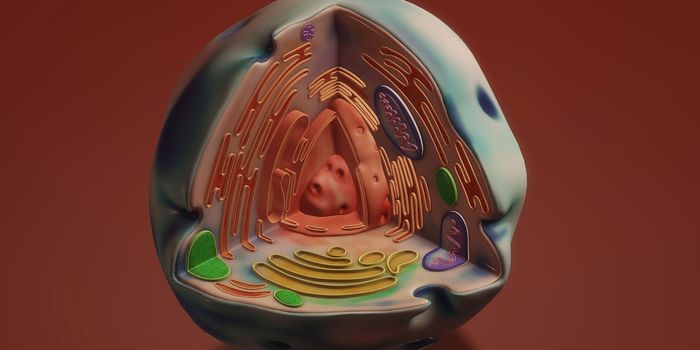The Science Behind Teeth Grinding
Teeth grinding is a serious problem that haunts many of us in our sleep, and while it might seem apparent, it can take a serious toll on your health. To make matters worse, you might not even know that you’re doing it since you’re unconscious for most of the night.
An estimated 30-40 million Americans, or 10% of the entire United States’ population, grinds their teeth while they catch their Z’s at night, mashing and slamming their teeth together with up to 200 pounds of force as they dream and snooze away. But how does that impact your teeth in the long run? Frankly, it’s somewhat obvious.
As you exert 200 pounds’ worth of force on your teeth at night, you’re biting down with up to 10 times more force than you would while merely using your teeth to eat a meal. Consequently, you wear your teeth down and make them more prone to cracking and fracturing, which inevitably leads to you needing dentures or implants to replace worn out teeth.
But perhaps less obvious are the underlying issues that can result from teeth grinding, such as differences in the temporal mandibular joints that result in a squarer facial appearance, or damaged hearing (tinnitus) as a consequence of the loud grinding sounds that occur from mashing and dragging your teeth across one another.
Teeth grinding is thought to be caused by stress and anxiety, and while there’s no simple cure for it at the time of this writing, you can mitigate the problem by investing in a mouth guard, which prevents your teeth from making physical contact with one another while your jaws make those movements.








